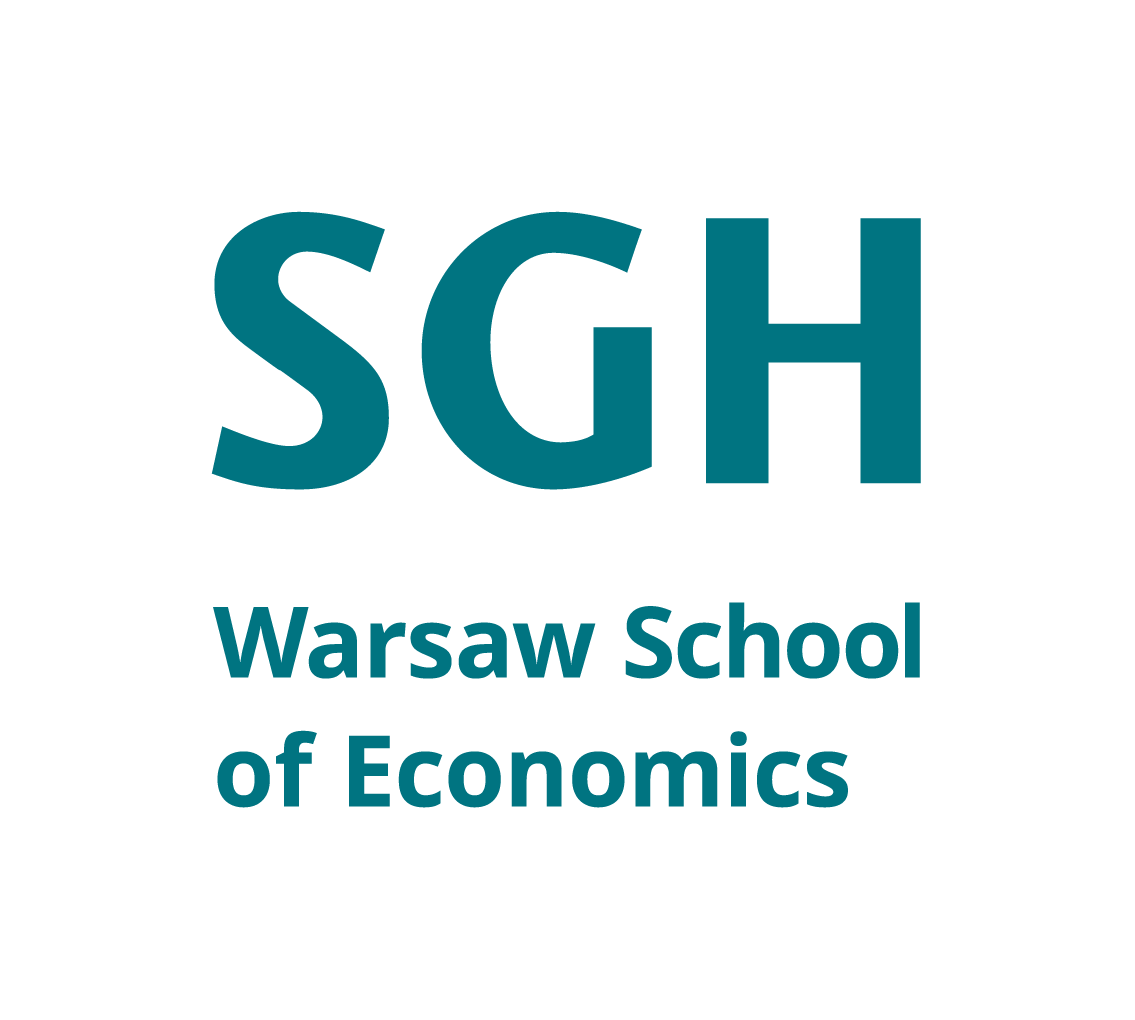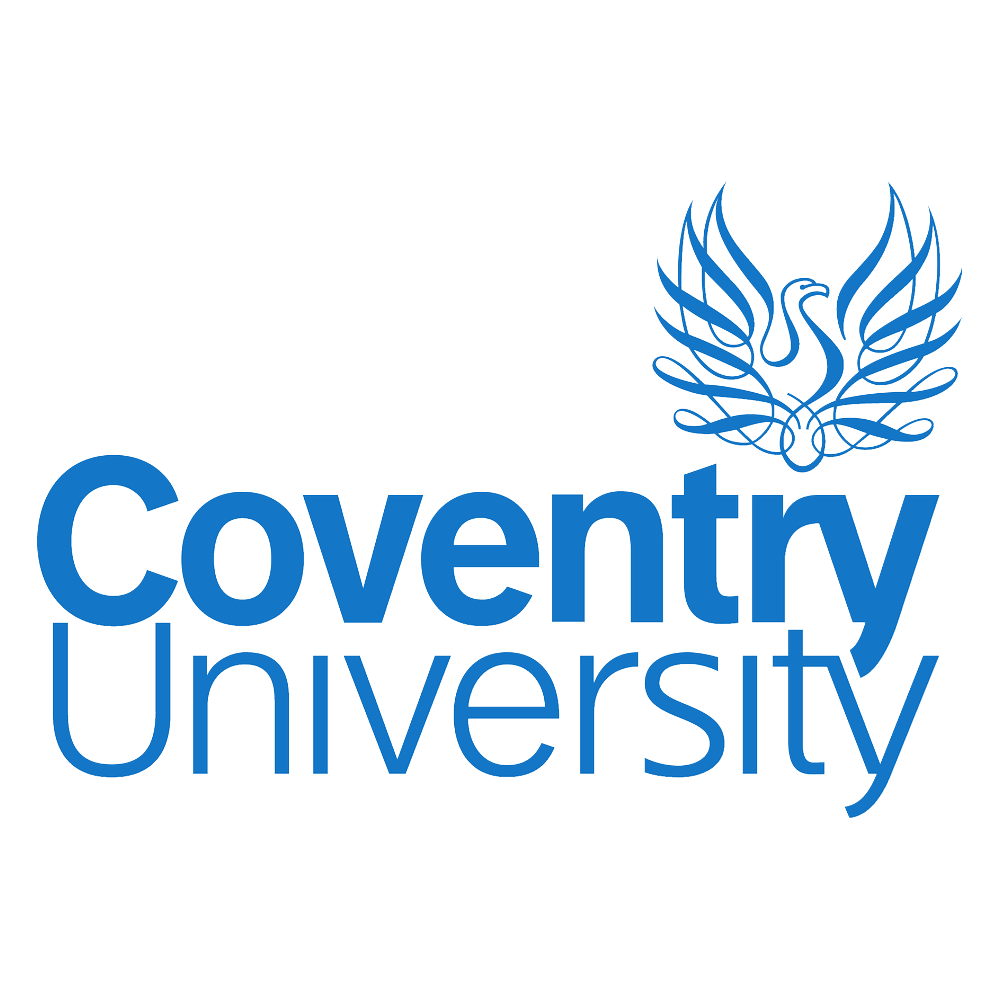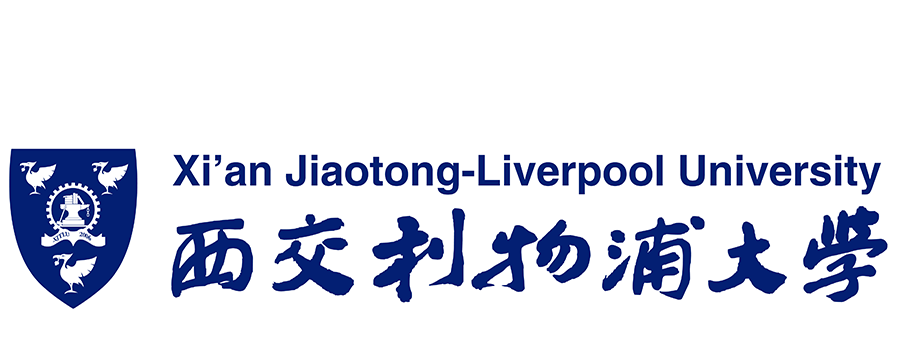The importance of achieving SDG #1: Eliminate poverty everywhere is reinforced by global increases in extreme poverty and inequality caused by the pandemic as well as by the interconnections that SDG 1 has with all other SDGs. Commitments to prosperity and a better world are even more important post-pandemic, but to achieve prosperity for all, more complex, multidimensional, multidisciplinary thinking and dialogue are needed.
The main goal of the global 8th RMER Conference is to bring together the responsible management education community and its different stakeholders to address the issues of poverty, prosperity and the SDGs in creative, innovative ways that are grounded in the six RME principles of purpose, values, method, research, dialogue and partnerships.
The 8th RMER event will be held in The People’s Republic of China, where the successful accomplishment of the 13th National 5-Year Poverty Alleviation Plan (2016-2020) shows that high aspirations are achievable. This continues the RME tradition of holding inspirational, multidisciplinary and multicultural events that contribute to mutual sharing and learning among management educators and other stakeholders – all in service of creating a prosperous, harmonious, sustainable world.
Conference Dates
19 October- Participant arrive, get-together evening and keynote speech
20-21 October- Main Conference
22 October- Side events, study visits and social program
Conference Venue
International Business School at Xi’an Jiaotong-Liverpool University Suzhou, China
Co-Organizing Parterns
PRME Anti-poverty Working Group and PRME Regional Chapter DACH
Conference Keynote Speakers
Prof. Stuart Hart, one of the world’s top authorities on the implications of environment and poverty for business strategy, the Steven Grossman Endowed Chair for Sustainable Business, Professor, and Co-Director of SEMBA at the University of Vermont’s Grossman School of Business.
Ms. Violeta Bulc, EU Commissioner for Transport from 2014 to 2020. Before stepping in EU Commission, deputy Prime Minister of Republic of Slovenia in 2014, the founder and curator of #Ecocivilisation: #EcocivilisationTalks, #EcocivilisationInAction, #YearOfUbuntu, #GlobalOpenHouse.
Other keynote speakers will be announced soon…
The final format of the event will be decided in June or July, depending on the pandemic-related circumstances.
While hoping for the onsite conference, the event could be held in a hybrid format: onsite for the participants from China and virtual for the international participants. In either case, we warmly welcome global participation and contribution while ensuring program, organizational and infrastructural and logistic conditions for a fruitful exchange and mutual learning.
Important Dates
- 5th September 2021 Deadline for early-bird registration
- 10th October 2021 Deadline for regular registration
Submit contributions to RME8@xjtlu.edu.cn











